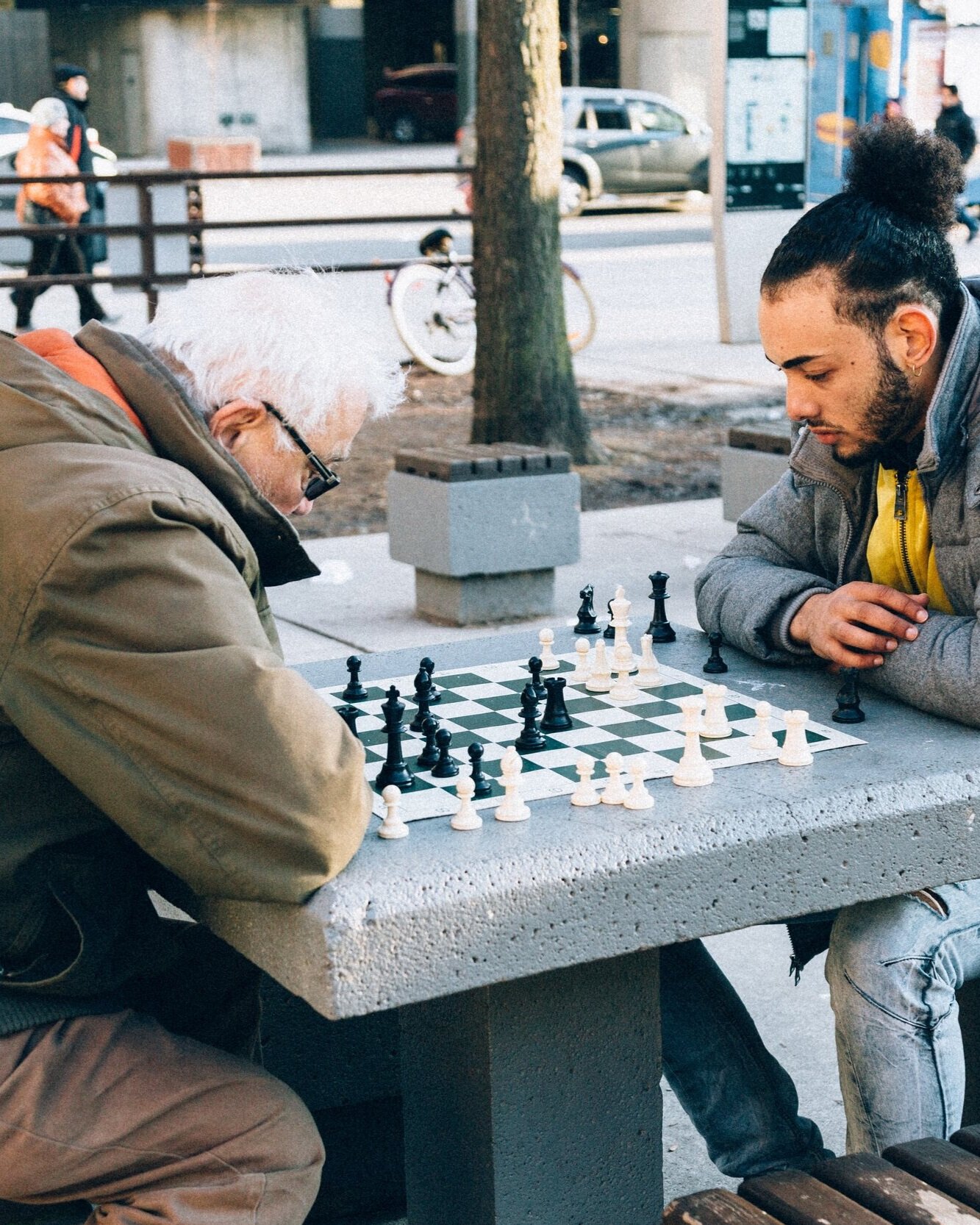OUR APPROACH
We are adaptive + resourceful + localized.
suited for an era of rapid change, tight budgets, and extensive challenges, We use a better planning process to help communities create thriving, engaging, healthy, and resilient places.
In ancient Rome, volcanic ash and calcium oxide lime were the two primary elements of concrete. The Romans discovered that this basic combination allowed them to build enduring cities that served the needs of an enormous empire. The temples, harbors, roads, and stadiums which still stand millennia later show the resiliency of these local ingredients.
Similarly, our approach is rooted in local elements that adapt to changing times and create lasting places. The knowledge of how to make cities and towns were once passed from generation to generation — creating neighborhoods that people love. Today, we must relearn these principles to apply them to the 21st century.
Our approach is based on proven and achievable methods to support places where people thrive and sustainable economic growth flourishes. Starting with our authentic appreciation of place, we utilize local resources and engage those who know their environment best to develop respectful, comprehensive, and implementable plans. We simultaneously increase buy-in and empower the community through our unique analysis, activation, and actualization process to increase local support and create a tangible return-on-investment.
You know your city, neighborhood, or building best. No matter the challenge or the location, we plan and design integrated and actionable solutions. Together, we can be BOLD, not Reckless.
OUR TEAM
Rik Adamski, PRESIDENT
Rik Adamski is an urban planner focused on downtowns, neighborhoods, and the active public spaces that bring them to life. Through ASH+LIME, he helps communities strengthen storefronts, support Third Places, and create plans that connect people to their place—practically, creatively, and with lasting impact.





